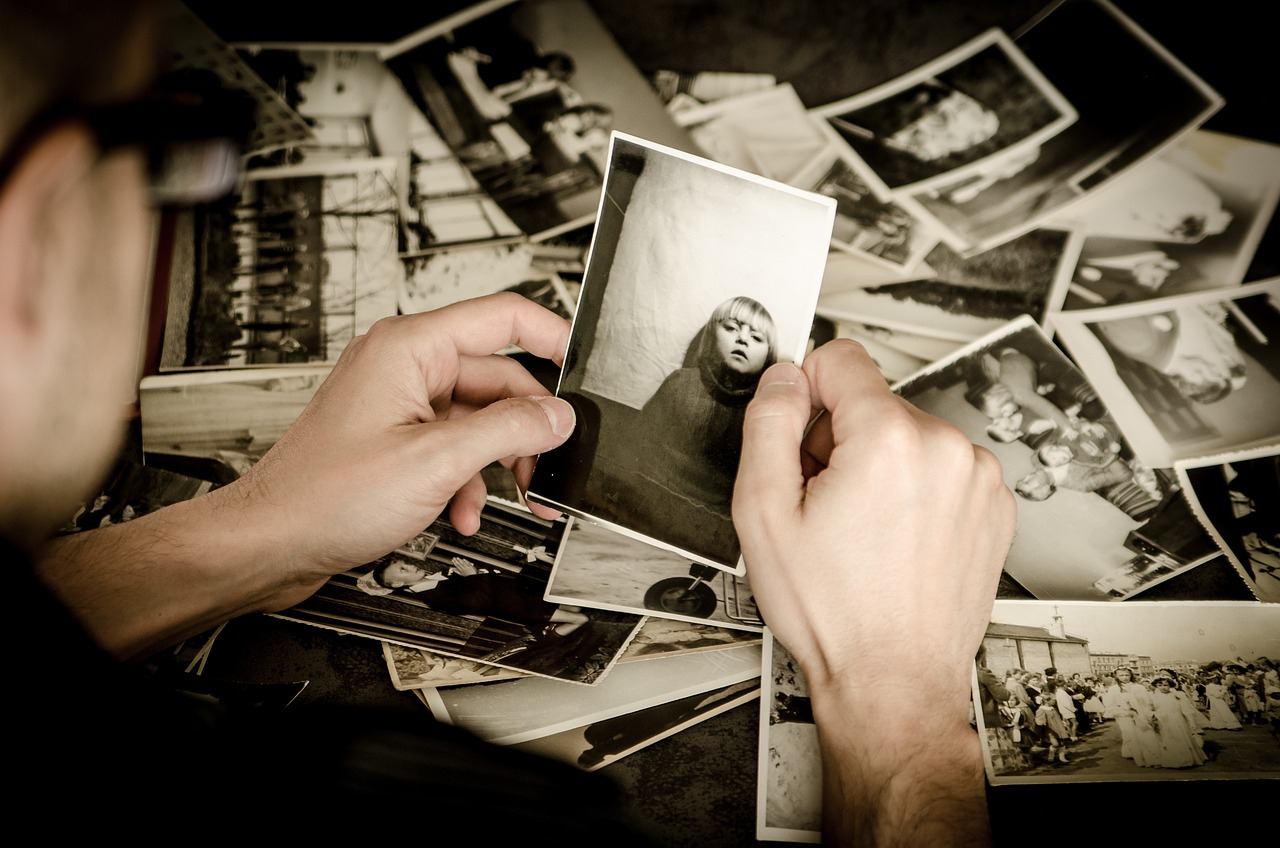Poland's history is marked by profound tragedy, particularly during World War II, when the country became the epicenter of the Holocaust. The concentration camps that remain in Poland today serve as somber memorials and educational sites, offering visitors a way to connect with history on a deeply human level. Combining an exploration of Polish DNA with a visit to these sites provides a profound journey into the past, fostering understanding and remembrance.
The study of Polish DNA has become an increasingly popular avenue for individuals seeking to trace their heritage. Advances in genetic testing allow people to uncover ancestral links to specific regions of Poland or ethnic groups that have historically inhabited its lands. Poland's unique position at the crossroads of Europe means that its population has been influenced by a variety of cultures, migrations, and historical events. For instance, DNA results may reveal ties to Slavic roots, Ashkenazi Jewish heritage, or other ethnic groups such as the Lemkos or Tatars, reflecting the diverse mosaic that has shaped Polish identity. For those with Polish ancestry, genetic testing can reveal more than just geographic origins—it can also illuminate migration patterns and family histories shaped by pivotal events. During the late 19th and early 20th centuries, many Polish families emigrated in search of better opportunities, driven by political unrest, economic hardship, or persecution. These migrations often left behind fragmented family trees and unanswered questions, which DNA testing can help resolve. Matching with distant relatives or uncovering shared genetic markers can fill in gaps and reconnect families across continents, bringing a sense of closure and belonging to those piecing together their heritage.
Exploring Polish DNA, however, is only part of the journey. For many, understanding their family history also involves confronting the profound historical events that shaped their ancestors' lives. During World War II, Poland was occupied by Nazi Germany, becoming the site of some of the most infamous concentration and extermination camps in history. Auschwitz-Birkenau, Treblinka, Majdanek, and Sobibór are names that resonate worldwide as symbols of human suffering and resilience. Visiting these sites offers an opportunity to honor the memory of the millions who perished, while also gaining a deeper understanding of the historical context that shaped modern Poland. Tours of concentration camps in Poland are designed not only to educate but also to commemorate. Walking through the preserved barracks, gas chambers, and crematoria, visitors are confronted with the harsh realities of the Holocaust. Guides, often historians or descendants of survivors, provide detailed accounts of the atrocities committed and the lives of those who suffered. These tours are deeply moving and often include opportunities for reflection, such as visiting memorials, participating in candle-lighting ceremonies, or hearing the stories of survivors. For individuals exploring Polish DNA, these visits can provide crucial historical context, helping to understand the broader forces that shaped their family’s journey.
The combination of DNA exploration and visits to concentration camps creates a holistic understanding of personal and shared history. For descendants of Holocaust survivors, visiting these sites is often a deeply personal pilgrimage, offering a way to connect with ancestors who endured unimaginable suffering. For others, it is a chance to reflect on the universal lessons of resilience, human rights, and the need for vigilance against hate and discrimination. These experiences bridge the gap between the scientific and the emotional, connecting the data of genetic testing with the lived experiences of the past. Poland's concentration camps are not just memorials to tragedy—they are also places of learning and remembrance that emphasize the importance of resilience and humanity. Many tours also explore the broader context of Jewish life in Poland before the Holocaust, visiting synagogues, cemeteries, and museums that celebrate the rich cultural contributions of Poland's Jewish community. This dual narrative—of vibrant life and unimaginable loss—adds depth to the experience, highlighting the importance of preserving memory while honoring the richness of a shared heritage.
For those embarking on this journey, Poland offers a unique opportunity to uncover personal history while engaging with broader historical narratives. Whether through DNA testing that traces familial ties to specific regions or through tours of concentration camps that offer a window into the darkest chapters of history, the experience is deeply transformative. It fosters a sense of connection not only to one’s ancestors but also to the millions whose stories collectively shaped the Poland of today. Ultimately, exploring Polish DNA and visiting concentration camps in Poland is a journey of discovery, reflection, and remembrance. It is an opportunity to honor the past while understanding the forces that continue to influence the present. For many, this experience is not just about uncovering facts—it is about finding meaning, connection, and a renewed commitment to preserving the stories of those who came before us.












